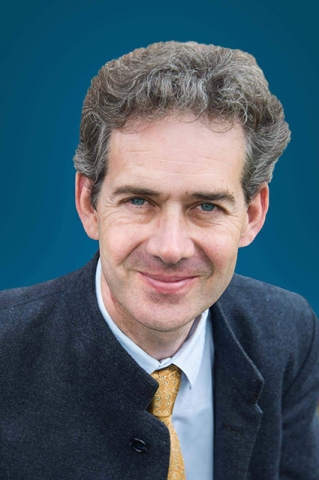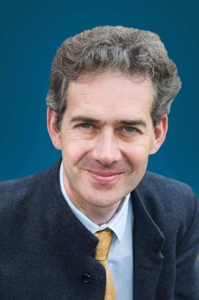De Waal: Russian Activity Just ‘Threatening Noise,’ but Beware the ‘Soft Power’
Following the inauguration of the Joint NATO-Georgia Training and Evaluation Center, Georgia Today got in touch with Thomas de Waal, a senior associate at Carnegie Endowment for International Peace, who has worked extensively as a journalist and writer in the Caucasus and Black Sea region and in Russia. In this interview, he comments on the NATO-Georgia relations and the Russian factor in this regard.
Q: Jens Stoltenberg, NATO General Secretary, during his visit to Georgia to open the Joint NATO-Georgia Training and Evaluation Center said: “NATO will be more present, and we will be more visible in Georgia.”How important is this Center and increased NATO presence for Georgia at this particular time in a geopolitical context, and why?
A: This is a time when Georgians are nervous because of Russian aggression in Ukraine and when there is almost no perspective of Georgia joining NATO. So Mr. Stoltenberg’s visit was intended as a signal of visibility and reassurance, and I believe it was successful in fulfilling those aims.
Q: The inauguration of the Joint NATO-Georgia Center comes at a time when Russia jas intensified the so-called “borderization” activities along the administrative boundary line (ABL) of Tskhinvali Region/South Ossetia and military exercises in both breakaway regions. What are the major challenges Georgia should expect from Official Moscow in the aftermath of the event?
A: I do not actually believe that Russian “hard power” poses a big threat to Georgia at the moment. This is basically an issue for two groups: the Georgians of Gali region and those who live very close (within a few hundred meters) of the border (ABL) with South Ossetia. But by its actions in 2008, Russia basically drew a red line between Abkhazia and South Ossetia and the rest of Georgia which is hard to cross. All the recent activity is threatening noise, but no more than that.
However, I believe that Russian “soft power” is more dangerous for Georgia, through Russian influence on political parties, media and non-governmental organizations.
Q: Georgia, together with Ukraine, was denied NATO’s Membership Action Plan (MAP) in 2007. Do you think that Russia’s actions in Ukraine encouraged NATO member states to reconsider their approach towards enlargement, and in this regard, what could Georgia expect from the upcoming 2016 NATO summit in Warsaw?
A: The fundamental situation has not changed since 2008. Key members of NATO—France, Germany and Italy—do not want to see Georgia, with its unresolved conflicts, join the alliance. Indeed, I strongly believe that the push by Washington in 2008 to get Georgia and Ukraine on a fast track to NATO only made the situation worse — by antagonizing Russia and raising false expectations in Kiev and Tbilisi. It was certainly one of the triggers for the Georgia-Russia war of 2008 and it is still used as an argument in Abkhazia and South Ossetia as to why reconciliation with Tbilisi is not possible.
This situation is unlikely to change before the next NATO summit. However, certain NATO countries—the United States in particular—can work harder to make bilateral security deals with Georgia, as several countries in Asia do.
Q: Anti-European and anti-American sentiments seem to be growing in Georgia. Some even suggest that in 2016 general elections pro-Russian parties may win seats in the Georgian Parliament. If such a forecast proves to be true, do you think it will endanger Georgia’s Euro-Atlantic course?
A: I do not see any sign of pro-Russian parties winning the next parliamentary election in Georgia. But the rise in support for them is certainly a “wake-up call” for those who want to see Georgia move towards Europe. In particular, the current government needs to work harder on the economy and on meeting the requirements needed to do a deal on visa liberalization with the European Union at the end of the year.
Thomas de Waal is a non-resident senior associate in the Russia and Eurasia Program at the Carnegie Endowment for International Peace, specializing primarily in the South Caucasus region, comprising Armenia, Azerbaijan, and Georgia and their breakaway territories, as well as in the wider Black Sea region. He is an acknowledged expert on the unresolved conflicts of the South Caucasus: Abkhazia, Nagorny Karabakh, and South Ossetia. From 2002 to 2009, he worked as an analyst and project manager on the conflicts in the South Caucasus for the London-based NGOs Conciliation Resources and the Institute for War and Peace Reporting.
Nino Japarashvili












